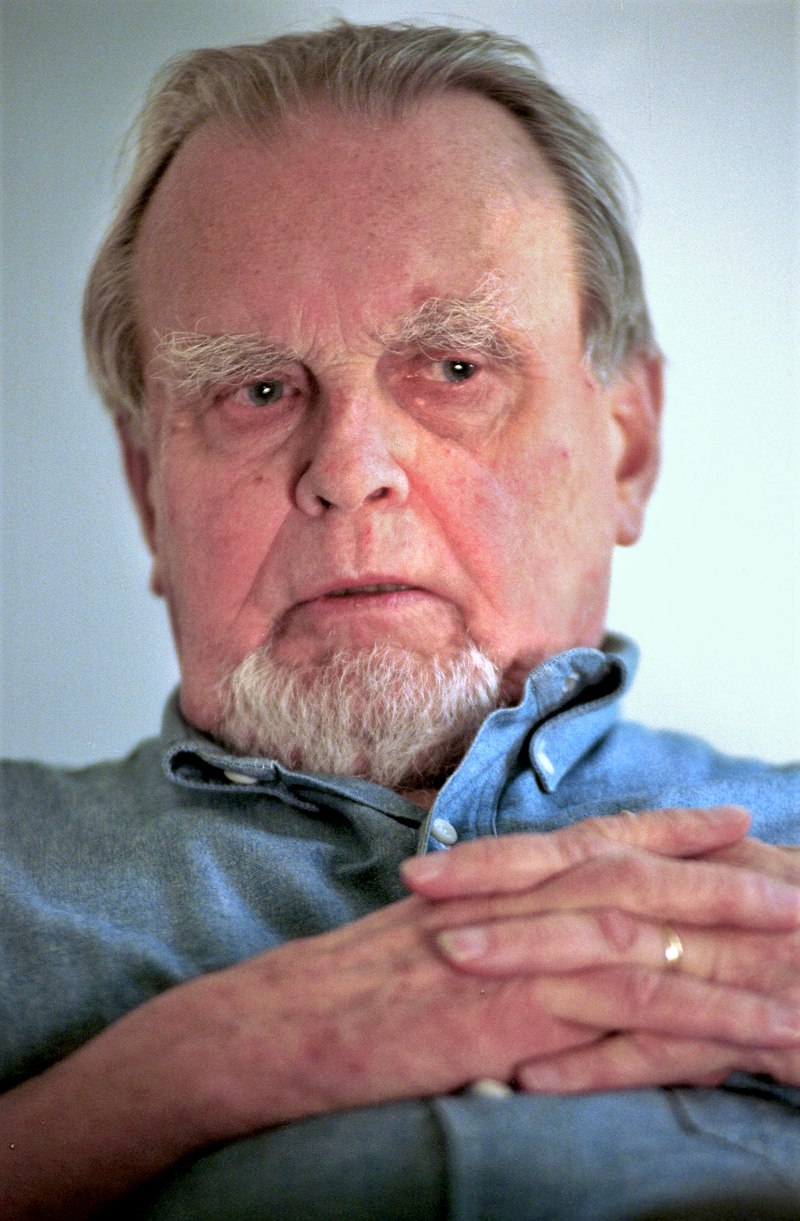
Czesław Miłosz
Czesław Miłosz was a Polish-Lithuanian poet, prose writer, and translator, celebrated for his profound exploration of human existence, history, and morality. A Nobel Prize laureate in Literature, Miłosz's works reflect his experiences during World War II and his reflections on exile and identity. His literary legacy is marked by his ability to weave philosophical themes with personal narrative, making him one of the most significant literary figures of the 20th century.
Born on Jun 30, 1911 (114 years old)
Global Media Ratings
Countries Mentioned
| Country | Mentions | Sentiment | Dominance | + Persistence | x Population | = Reach | x GDP (millions) | = Power |
|---|---|---|---|---|---|---|---|---|
| Belarus | 2 | 7.00 | 0.18% | +10% | 9,449,323 | 18,413 | $60,000 | 117$ |
| Lithuania | 1 | 6.00 | 0.09% | +0% | 2,722,289 | 2,475 | $54,000 | 49$ |
| Totals | 3 | 12,171,612 | 20,888 | $114,000 | 166$ |
Interactive World Map
Each country's color is based on "Mentions" from the table above.
Recent Mentions
 Belarus:
Czesław Miłosz was a Polish poet who helped Tomas Venclova secure a university position in the USA.
9
Belarus:
Czesław Miłosz was a Polish poet who helped Tomas Venclova secure a university position in the USA.
9
 Belarus:
Czesław Miłosz is mentioned as part of a diverse group of influential individuals.
5
Belarus:
Czesław Miłosz is mentioned as part of a diverse group of influential individuals.
5
 Italy:
Czesław Miłosz is mentioned in relation to the bitter awareness of Eastern Europe.
6
Italy:
Czesław Miłosz is mentioned in relation to the bitter awareness of Eastern Europe.
6
 Spain:
Czesław Miłosz observed how intellectuals self-censored under the Soviet regime.
9
Spain:
Czesław Miłosz observed how intellectuals self-censored under the Soviet regime.
9
 Lithuania:
Czesław Miłosz is one of the two Nobel Prize laureates who attended the Žygimanto Augusto gymnasium.
9
Lithuania:
Czesław Miłosz is one of the two Nobel Prize laureates who attended the Žygimanto Augusto gymnasium.
9
 Switzerland:
The book begins with a text by Czesław Miłosz that reflects on the suffering of Jews during World War II.
8
Switzerland:
The book begins with a text by Czesław Miłosz that reflects on the suffering of Jews during World War II.
8
 Italy:
Czesław Miłosz is referenced for his reflections on the post-war period and the challenges faced by dissidents.
7
Italy:
Czesław Miłosz is referenced for his reflections on the post-war period and the challenges faced by dissidents.
7
 Estonia:
Czesław Miłosz is remembered for his beautiful maxim 'Language is the only homeland' and was considered more valuable than the Nobel Prize by his local community.
9
Estonia:
Czesław Miłosz is remembered for his beautiful maxim 'Language is the only homeland' and was considered more valuable than the Nobel Prize by his local community.
9
 Romania:
Czesław Miłosz's writings were part of the literature smuggled into Poland to counteract communist propaganda.
9
Romania:
Czesław Miłosz's writings were part of the literature smuggled into Poland to counteract communist propaganda.
9
 Lithuania:
Czesław Miłosz is a significant figure in literature whose works are frequently referenced by Mindaugas Kvietkauskas.
8
Lithuania:
Czesław Miłosz is a significant figure in literature whose works are frequently referenced by Mindaugas Kvietkauskas.
8
